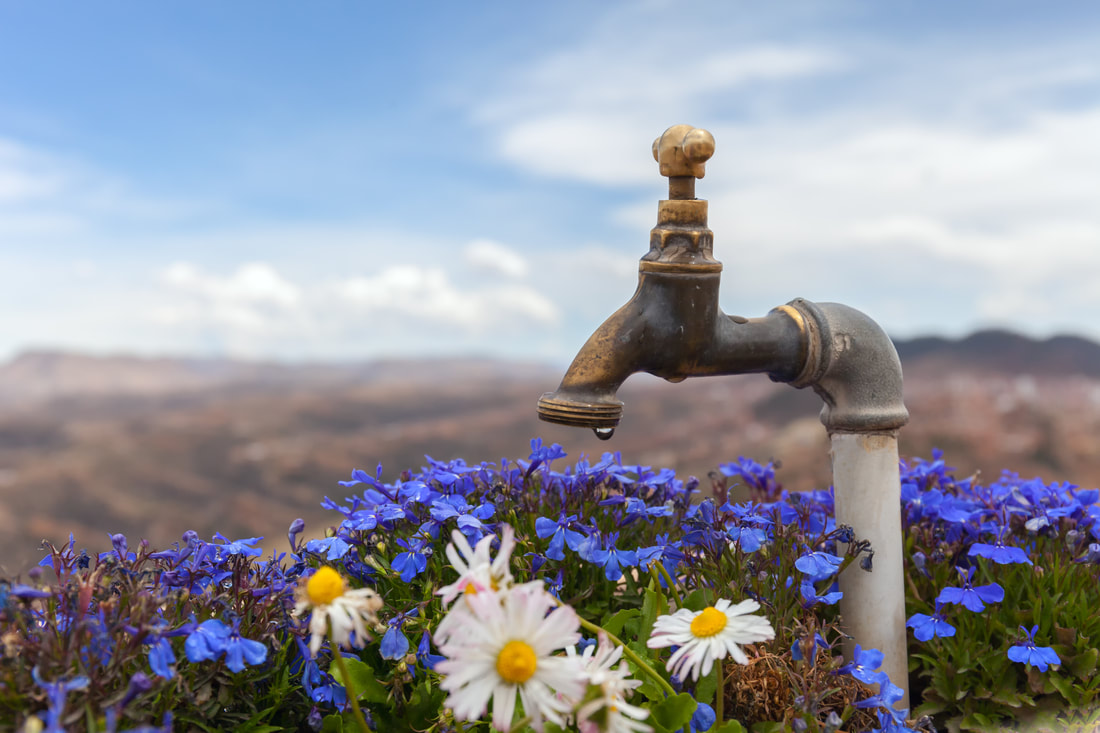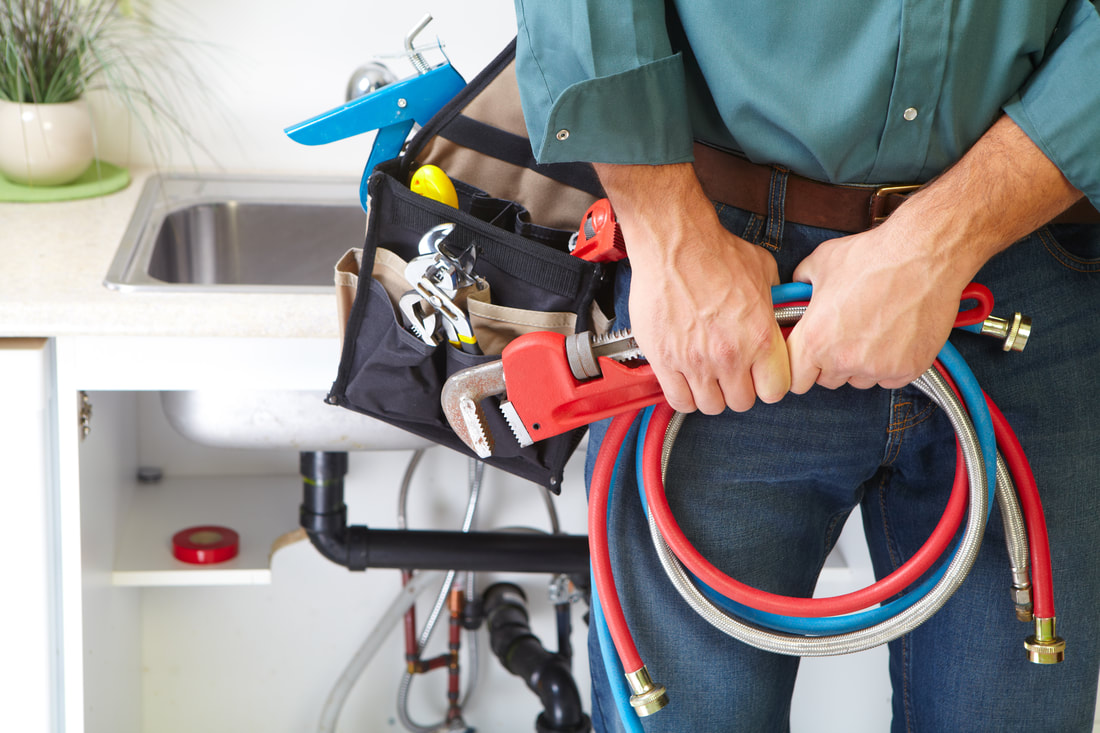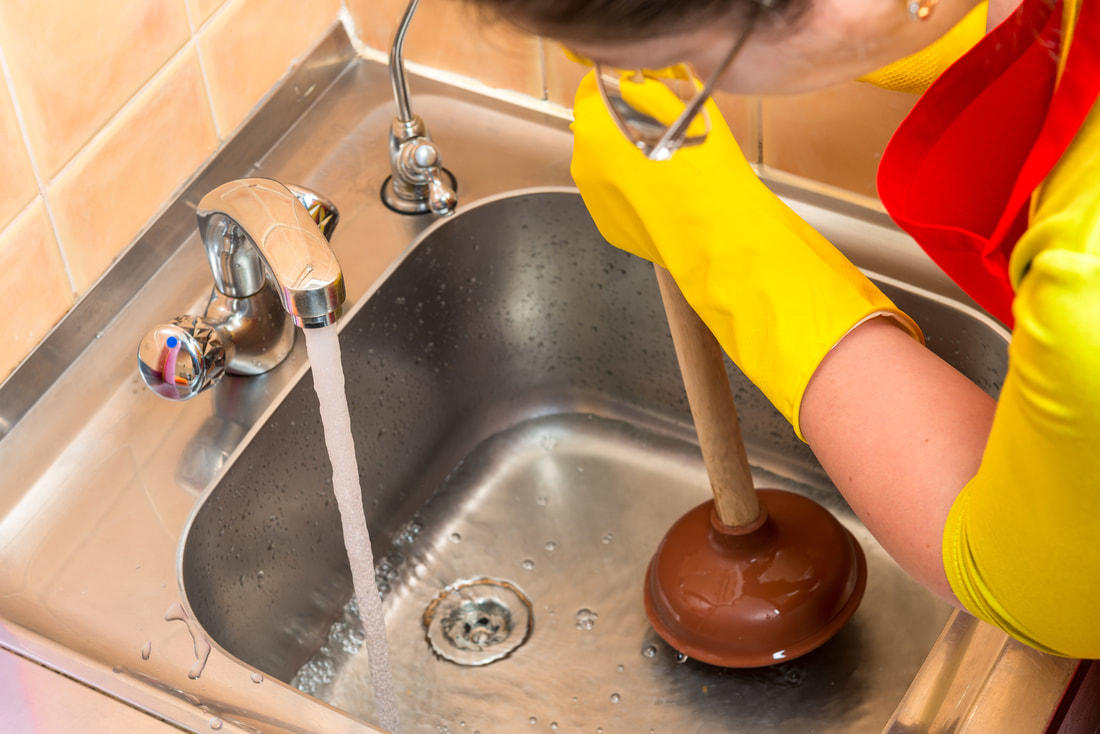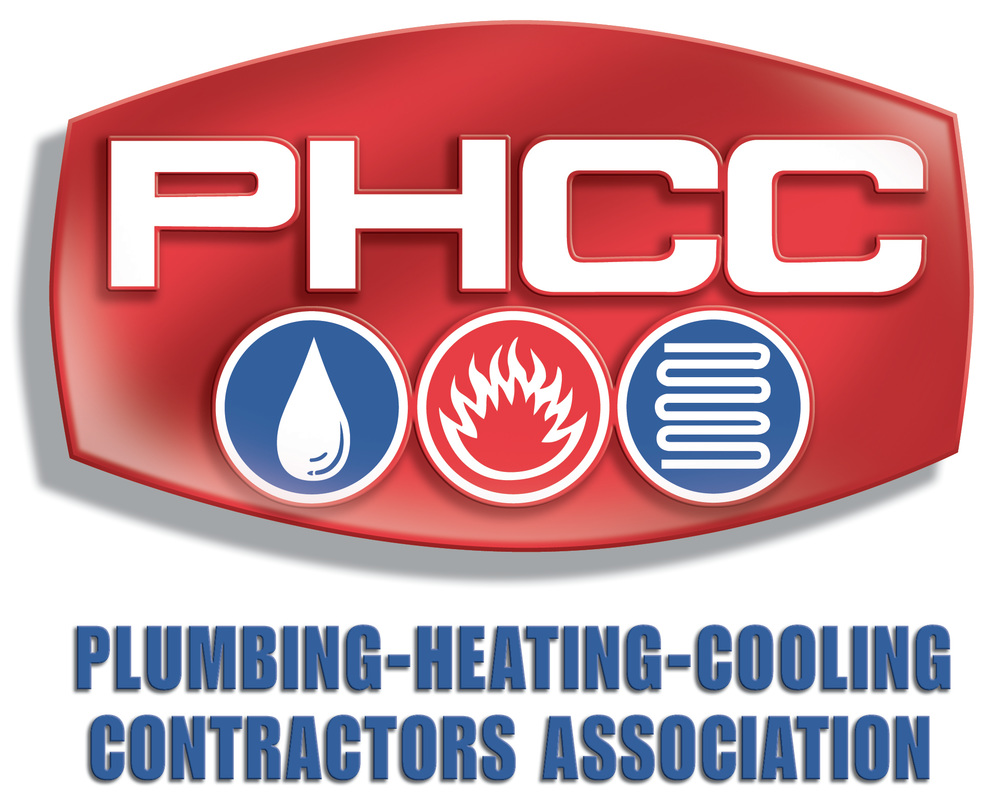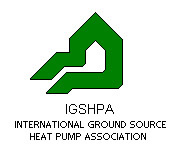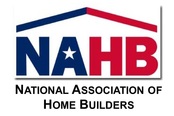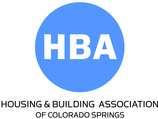Don't fall for common plumbing myths. Avoid chemical drain cleaners; they can corrode your pipes. Never pour hot grease down the drain as it solidifies and causes blockages. Don't ignore leaks; they lead to expensive water damage. Although labeled as flushable, wipes can clog your pipes. Be cautious with DIY fixes; improper handling can worsen issues. Regularly inspect and clean your sump pump to prevent basement flooding. Proper use of plumbing tape, especially on gas lines, prevents leaks. Following these tips will help you prevent costly repairs and maintain a smoothly running plumbing system. To fully safeguard your home, there's even more practical advice.
|
Protecting your home from water contaminants is crucial for safeguarding your family's health. Start by testing your water with a reliable kit to detect substances like lead, chlorine, and bacteria. Choose the right filtration system, such as activated carbon or reverse osmosis, tailored to the detected contaminants. Regularly check and maintain your plumbing to avoid leaks and pipe corrosion. Opt for NSF-certified products to guarantee effectiveness. Install water softeners to reduce calcium and magnesium build-up. Educate your family on the importance of water safety and stay updated on local water quality reports. With these steps, you'll establish a safer water supply at home. Replacing your home's pipes is crucial for maintaining excellent water quality and preventing structural damage. Look for signs like decreased water pressure, persistent leaks, and discolored water. Assess pipe conditions by inspecting for corrosion, checking joints for rust, and measuring water pressure. Depending on your needs, opt for copper, PEX, or PVC pipes. Equip yourself with the right tools such as a pipe cutter, wrenches, and fittings. Weigh the benefits of DIY against hiring a professional. Consider material costs and complexity for budget planning. To prevent future issues, adhere to a regular maintenance schedule. Discover more essential details by moving forward. To troubleshoot common water heater issues, first, check the pilot light or electrical connections if there's no hot water. For inadequate hot water, verify thermostat settings and flush out sediment. Temperature fluctuations can often be resolved by confirming that thermostats are synchronized and functioning. Strange noises may indicate sediment or loose connections, which flushing the tank can address. For leaks, inspect the pressure relief valve and drain valve, and shut off power and water if necessary. Low water pressure often results from sediment buildup or valve issues. Address pilot light problems by checking and cleaning the thermocouple. Learn more to make sure your water heater runs efficiently. Maintaining your home's plumbing system year-round is essential for preventing costly repairs and ensuring peak performance. In January, inspect for leaks using a water meter. February, check your water heater's T&P valve. March, clean drains with enzymatic cleaners. April, test your sump pump's functionality. May, inspect sprinkler systems for water pressure accuracy. June, inspect for corrosion in pipes. July, monitor water usage through your bill and meter readings. August, inspect outdoor faucets for leaks. September, prepare for fall by servicing heaters and pipes. October, winterize pipes by insulating and shutting off outdoor faucets. Keep these tasks up, and you'll maintain a strong plumbing system. You're considering tackling that plumbing project alone, but have you stopped to think about the risks of skipping the permit process? Without proper permits, you're inviting many potential problems into your home, from water damage and mold growth to health hazards and decreased property value. And that's just the tip of the iceberg. You could face costly repairs, insurance claims denials, and even legal liability. The question is, are you prepared to deal with the consequences of unpermitted plumbing work?
With the coming of Spring, this means it is time to transition from cooler weather and prepare for warmer weather. This time usually involves the cleaning of everything in your home from both exterior and interior. As you prep the rest of your home for Spring plumbing should also be added to your list of things to do. Making sure your pipes are in good shape is an important part of Spring cleaning as it can help detour leaks and other underlying issues that you were unaware of from the colder months.
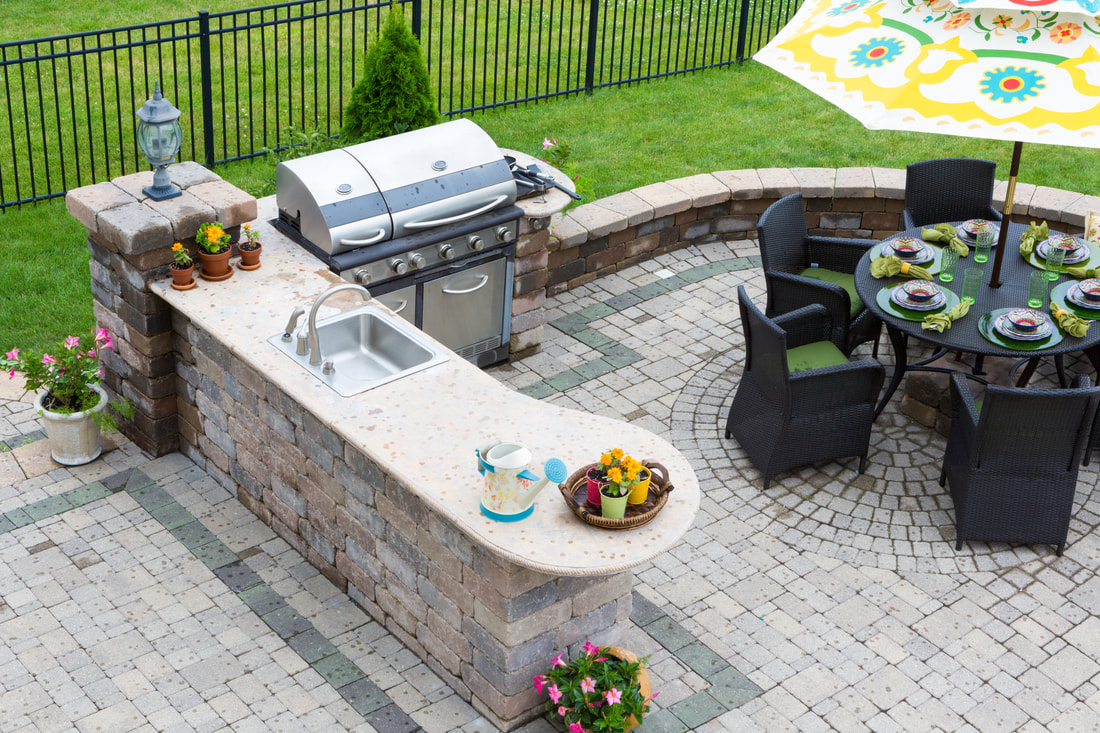 Warmer weather is a welcomed sight, as it becomes time to gear up for fun times with friends and loved ones. Summer is the staple for backyard gardens, poolside fun, and neighborhood barbeques. Like other plumbing on the inside of your home, you should also take care of the plumbing on the outside of your home. Taking these extra steps will reduce the stress that sometimes outdoor plumbing causes.
There are several types of pipes you can choose from when you are installing plumbing in either your residential or commercial building. It is always good to do your research, so you can make an educated decision on how you would like your plumbing to perform. Some options work better than others depending on the job you want them to perform. Here is a list of the most common pipes used in the plumbing industry to help gain maximum performance for your plumbing system.
Clog drains happen in sinks, showers, and tubs. Instead of flowing down your drain properly they tend to back up. I know what you are thinking “Oh no this is a disaster; we need to fix this now”! After seeing numerous commercials for drain cleaners I am sure you have a brand in mind that could help fix your clogged drain issue. With this blog we are going to talk about the good, bad, and the ugly about cleaning clogged drains on your own.
|







